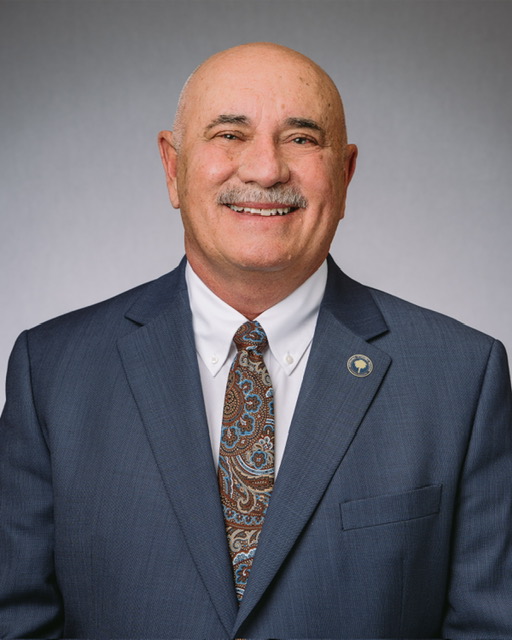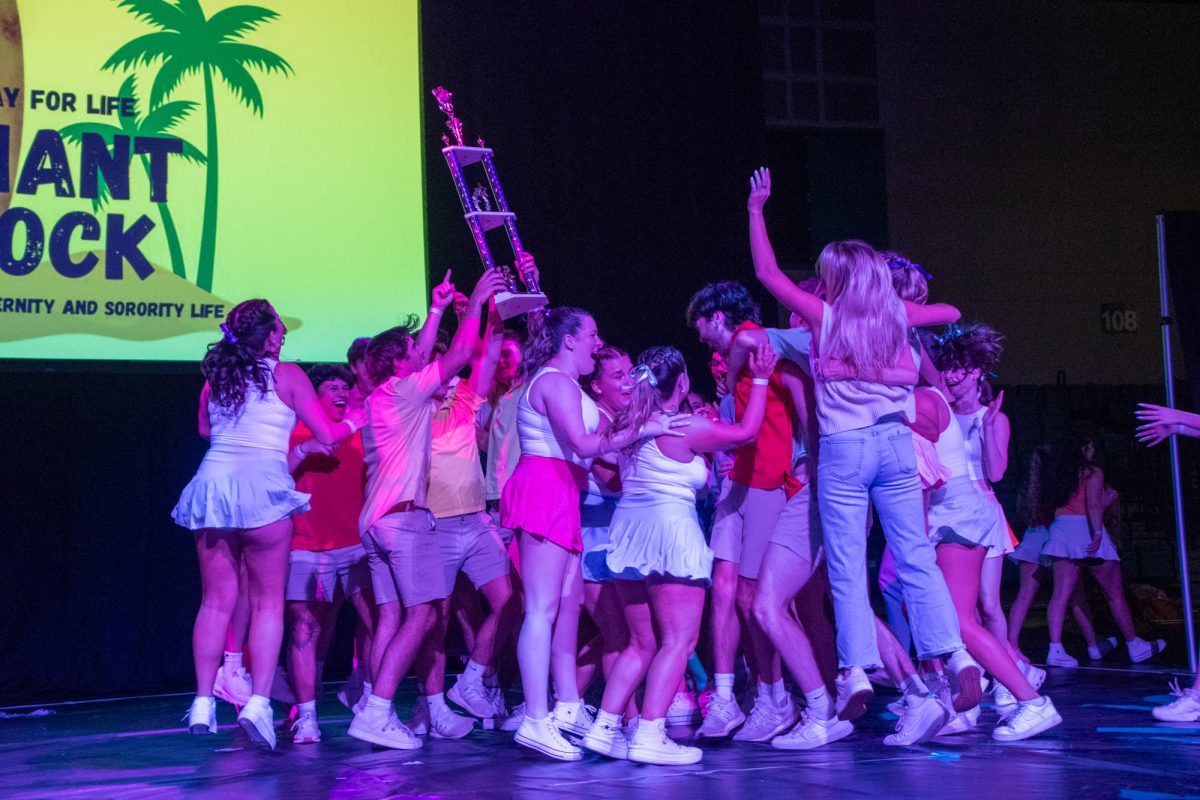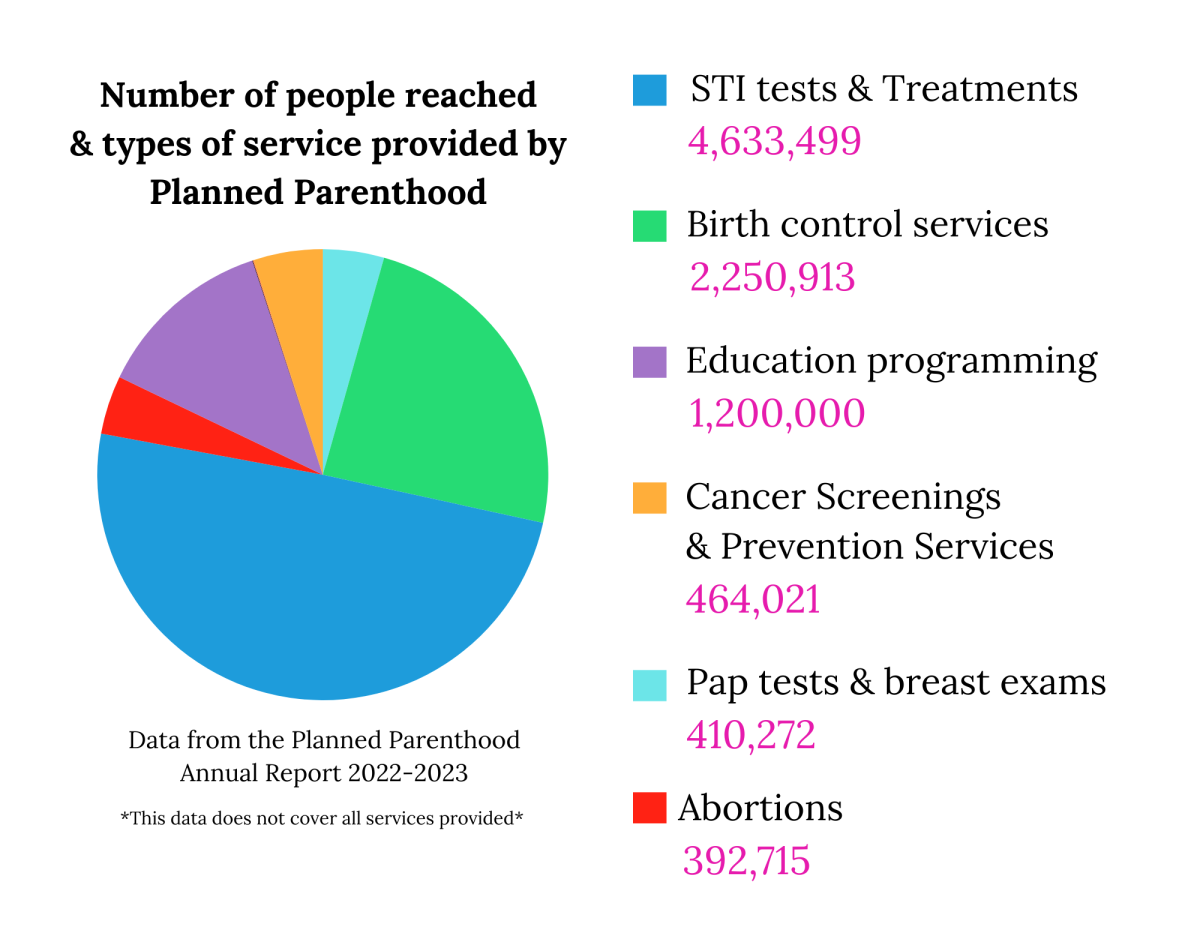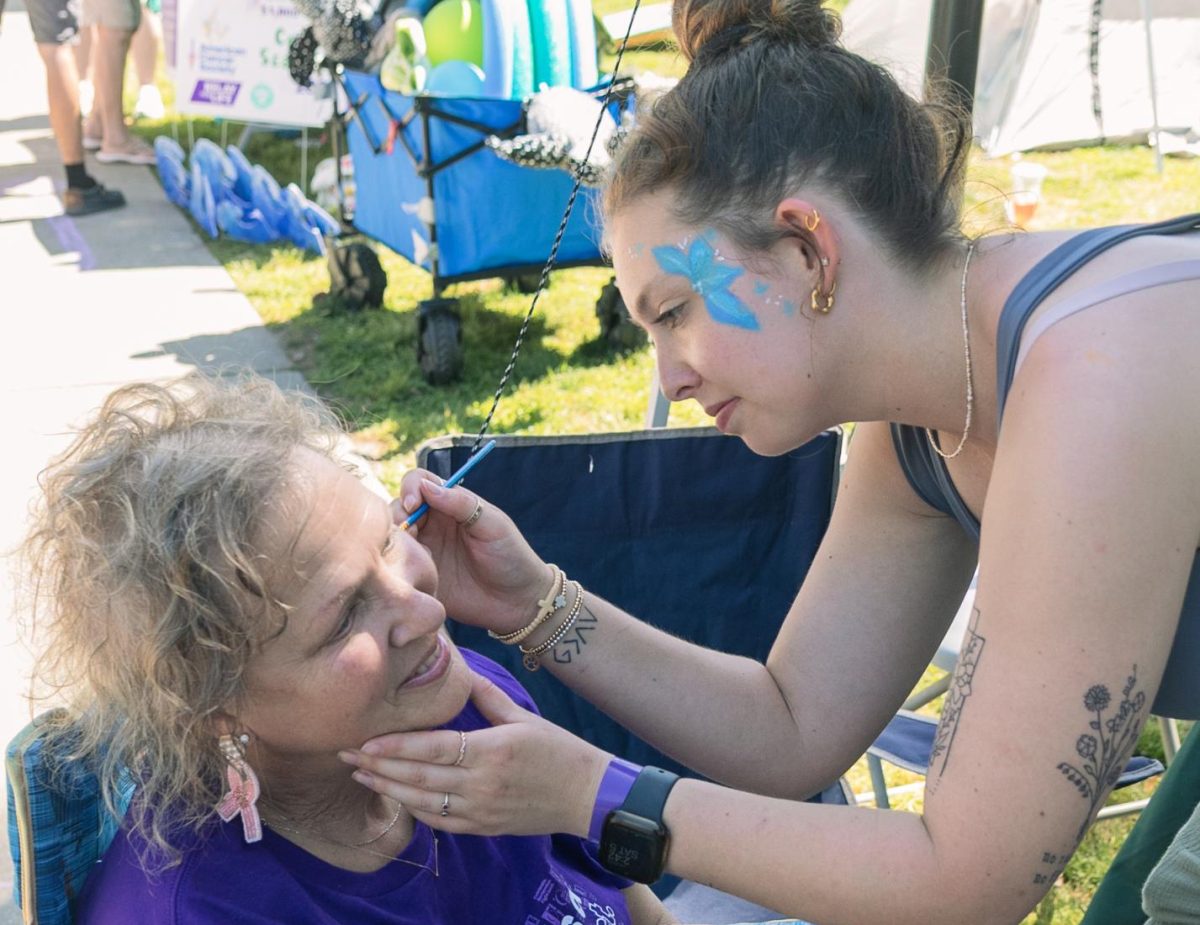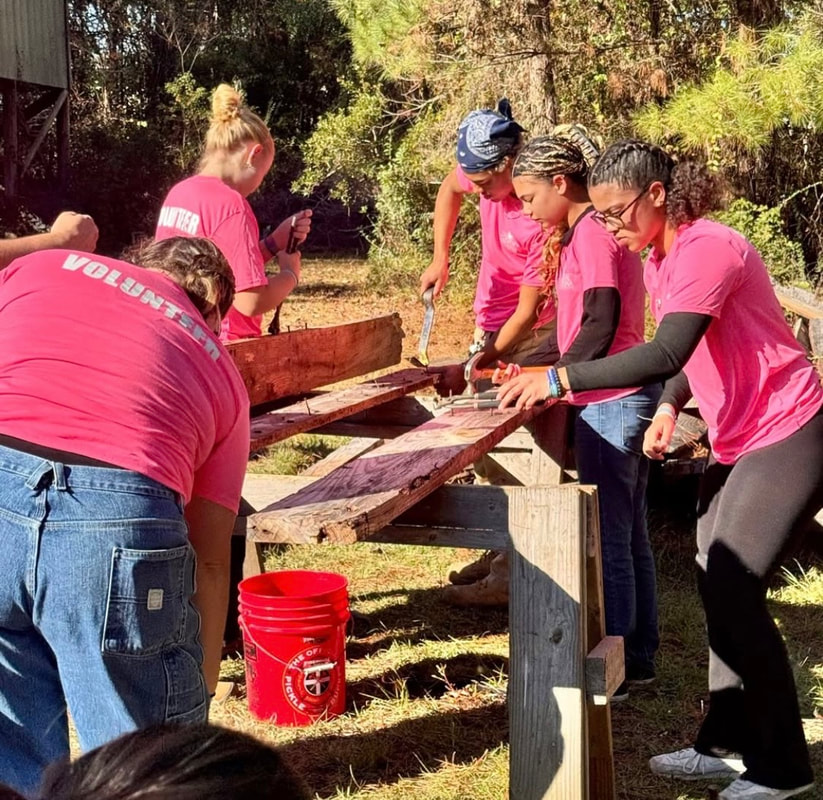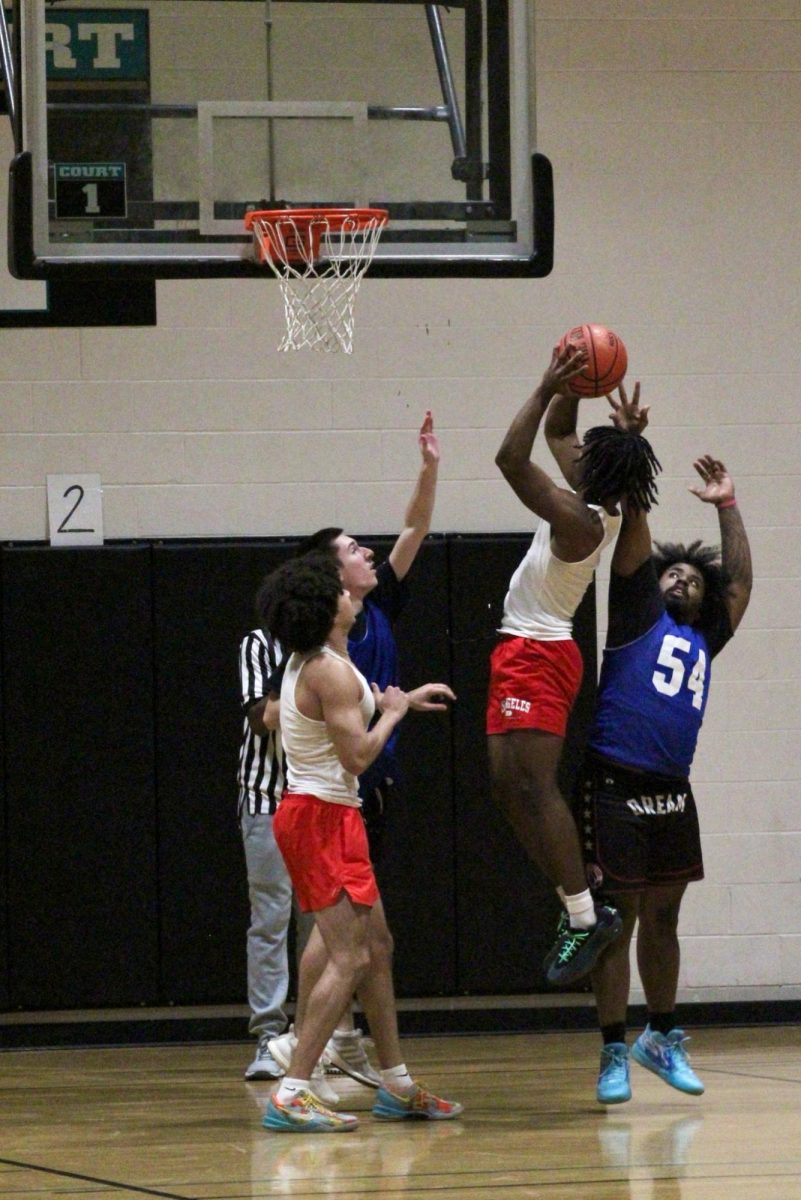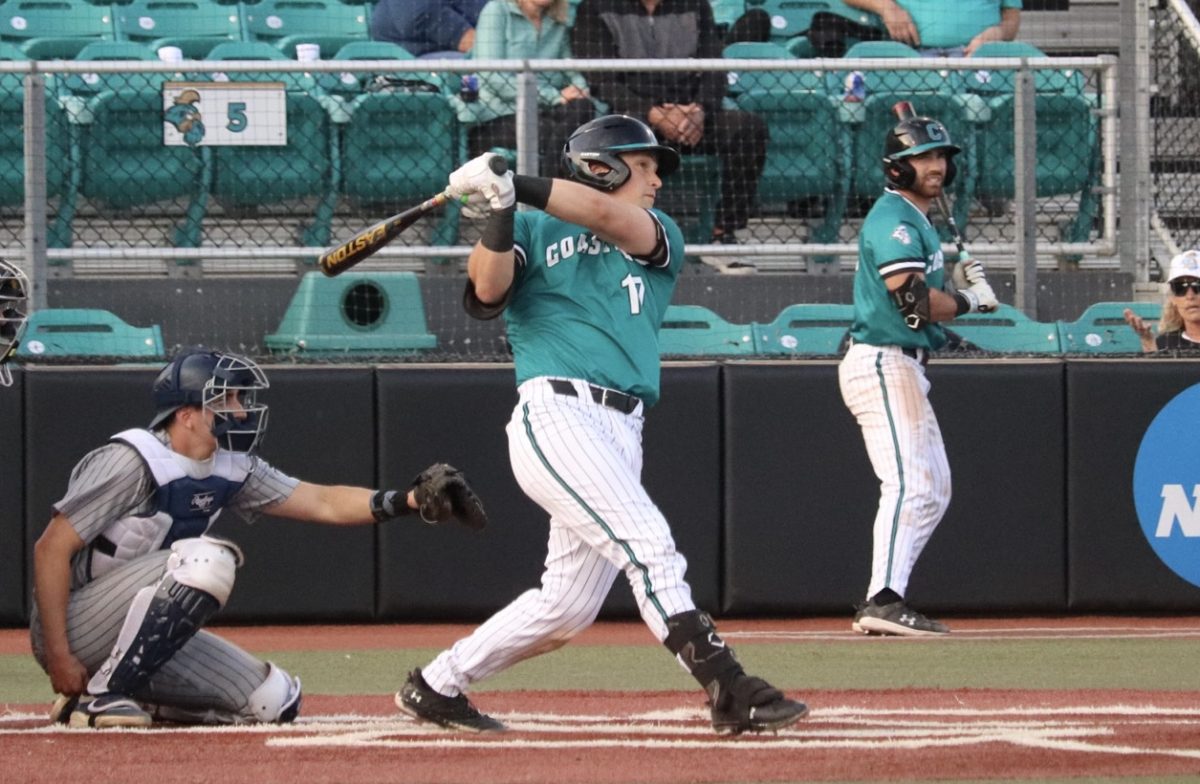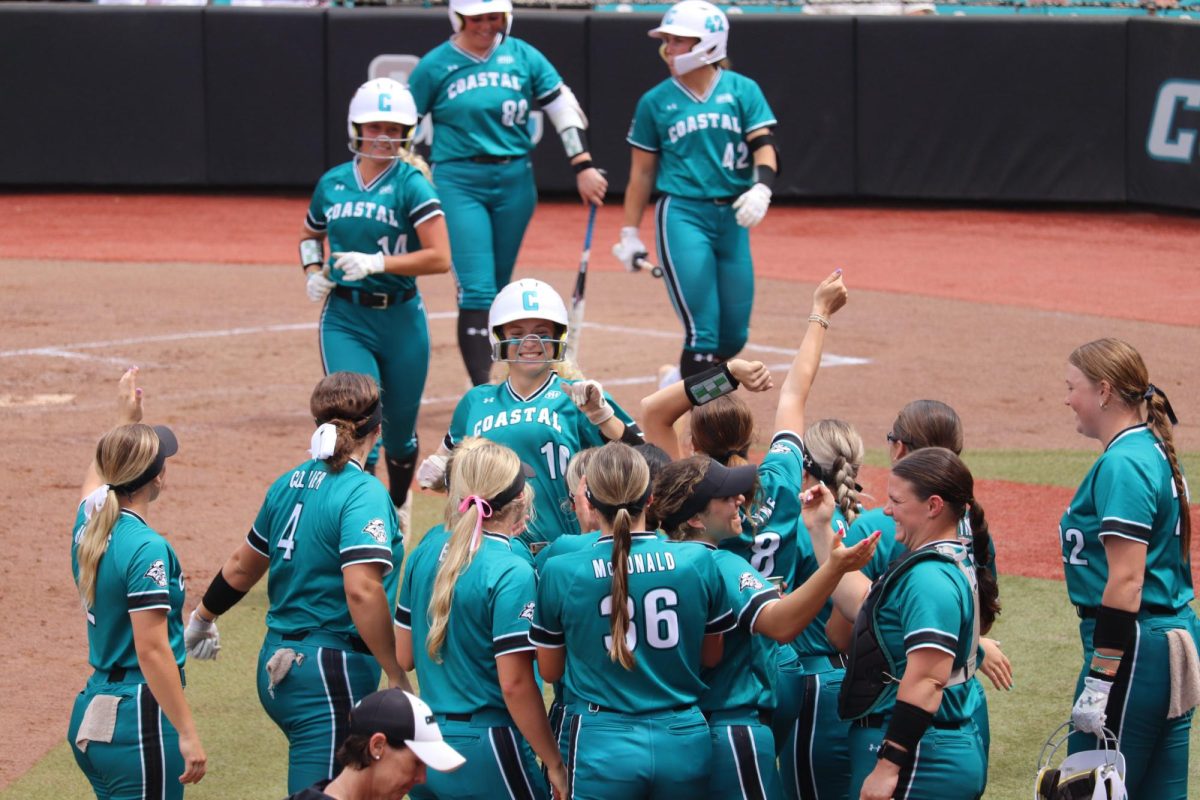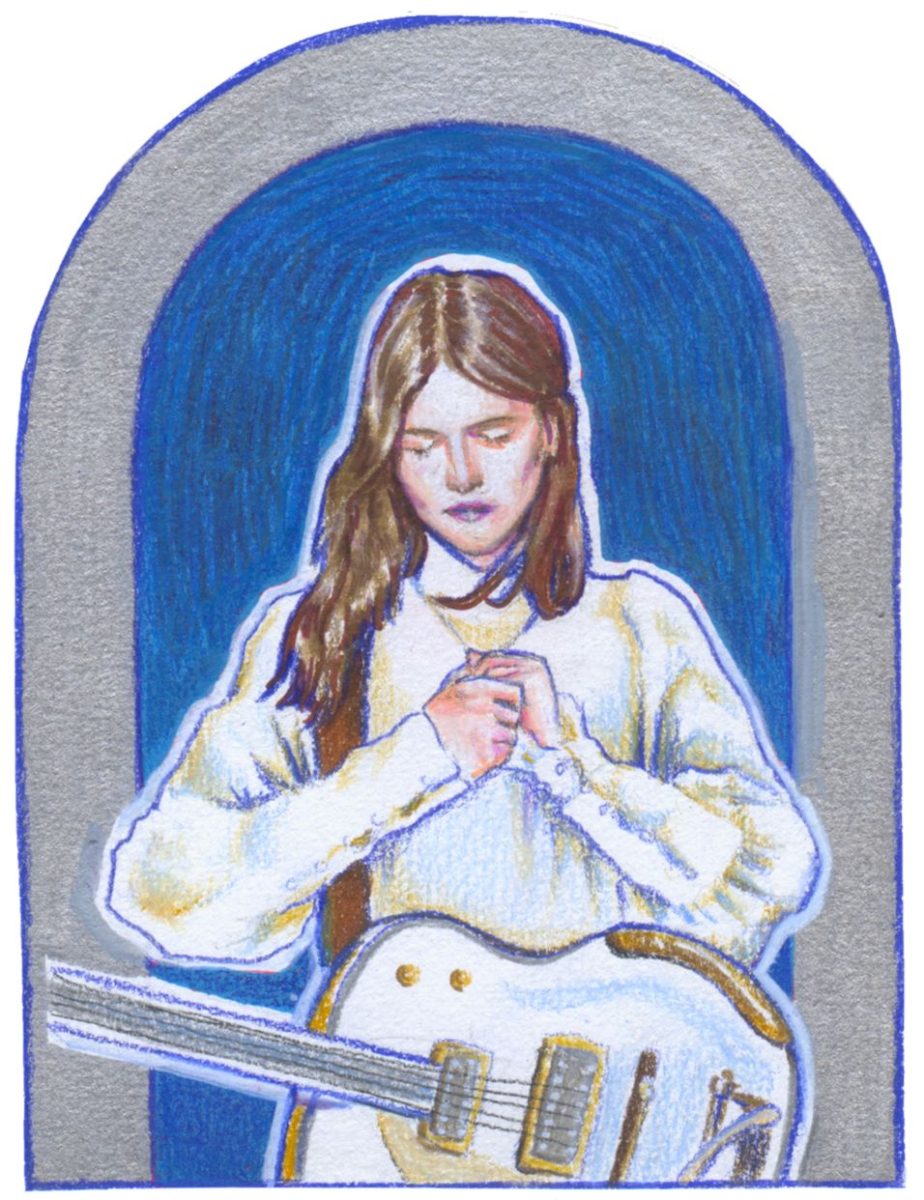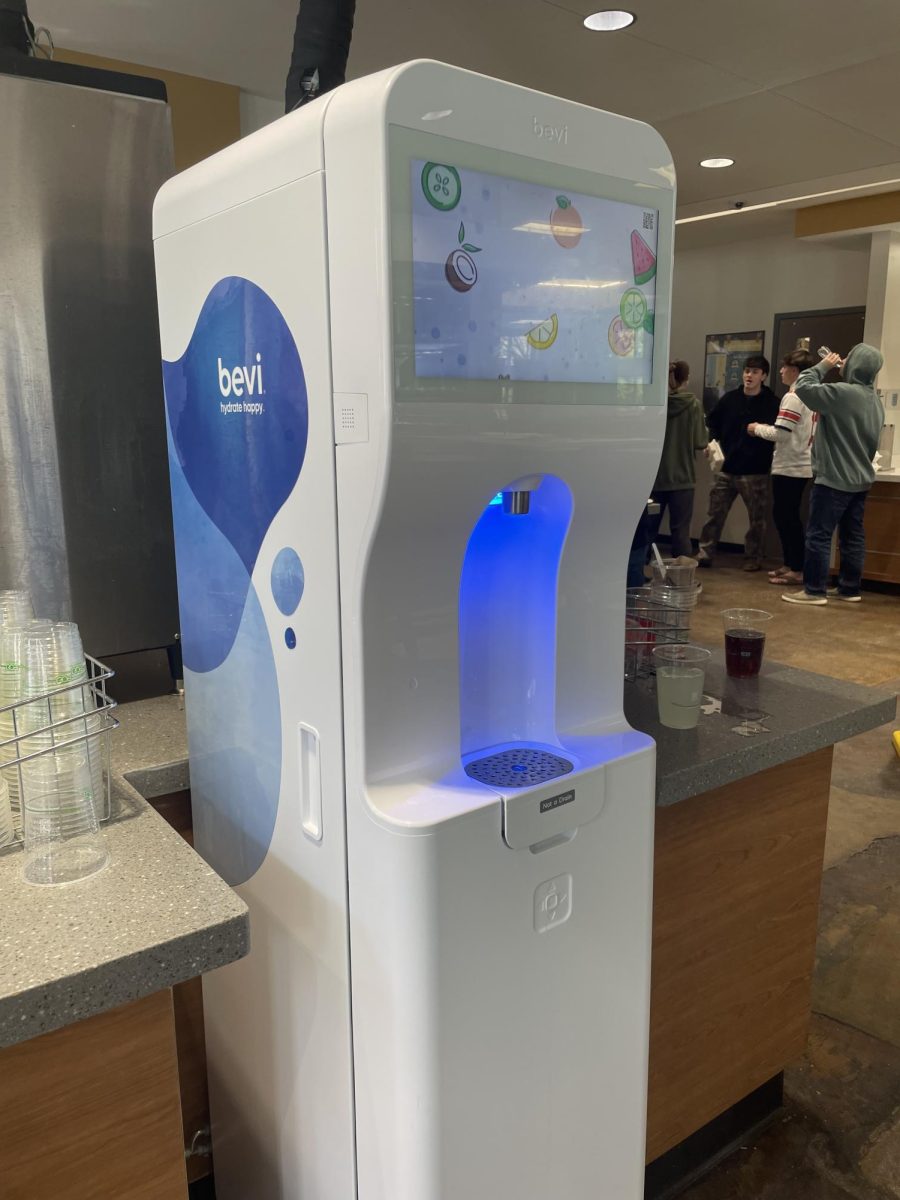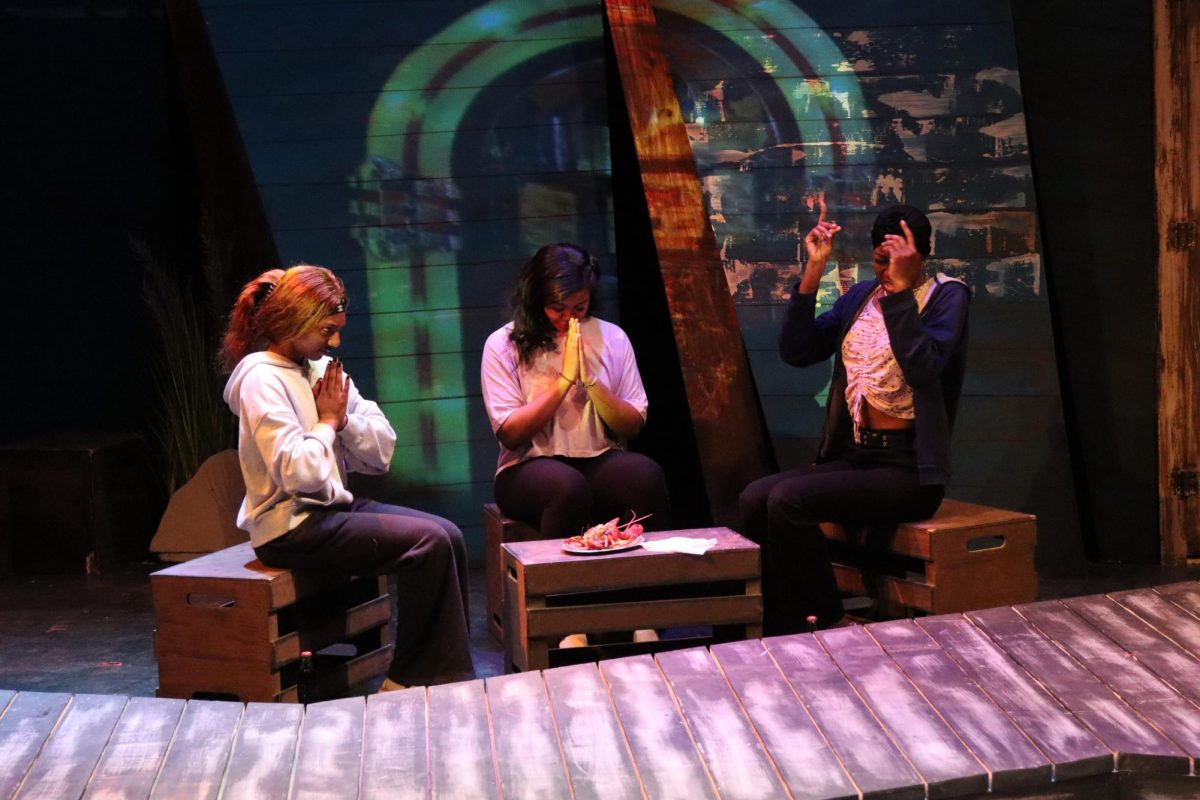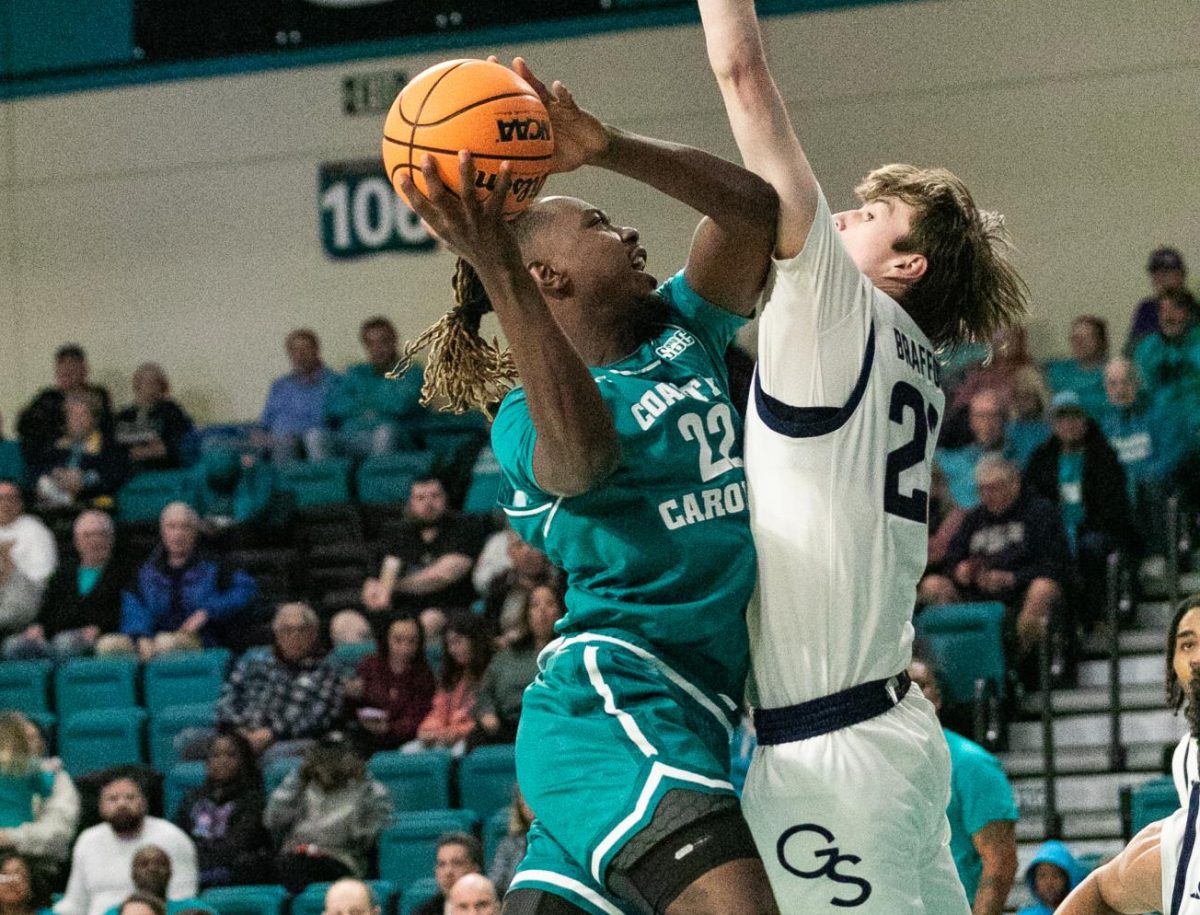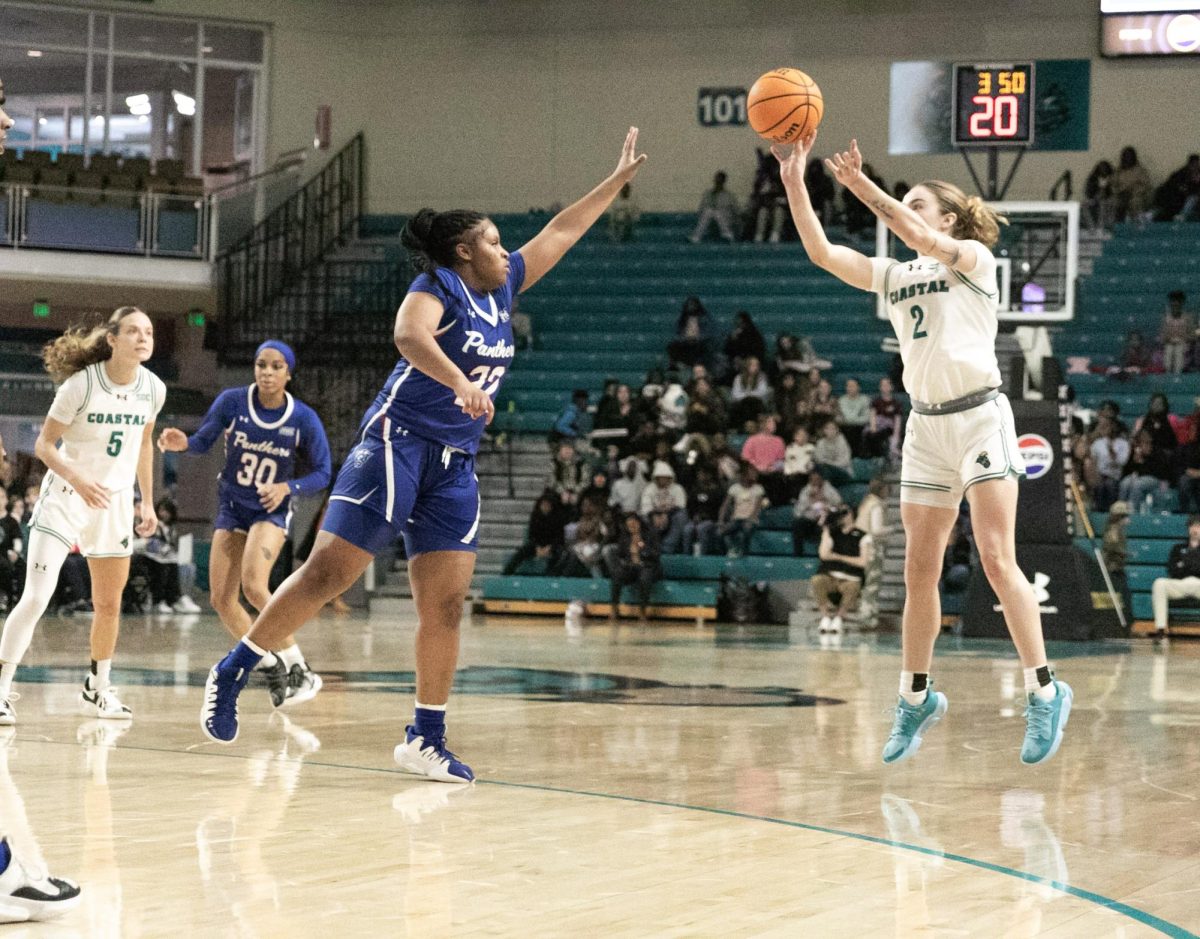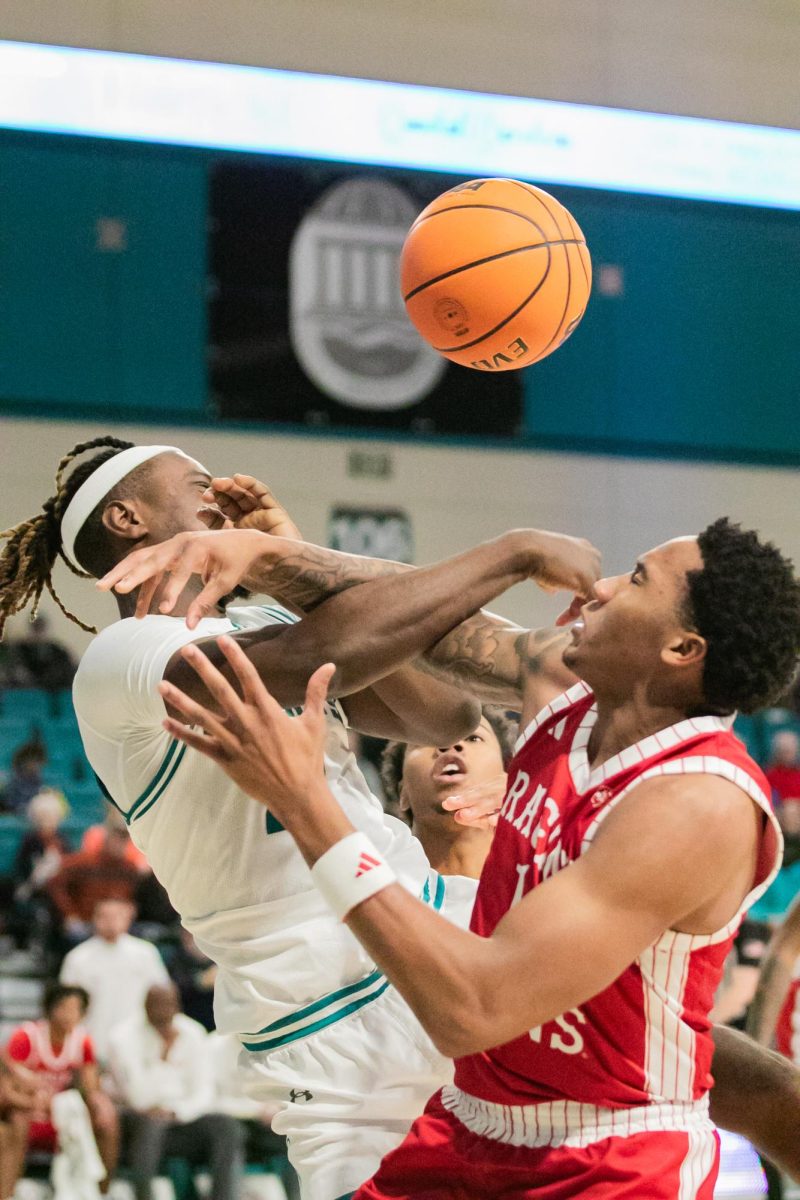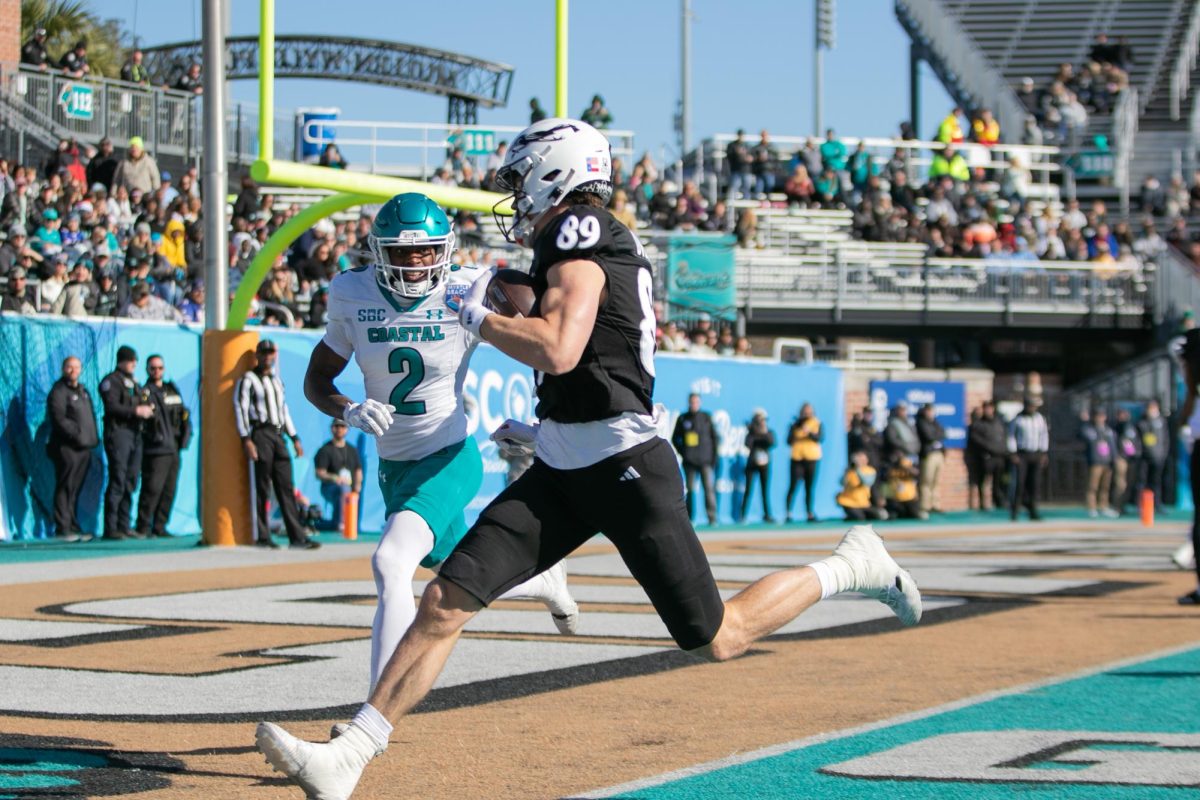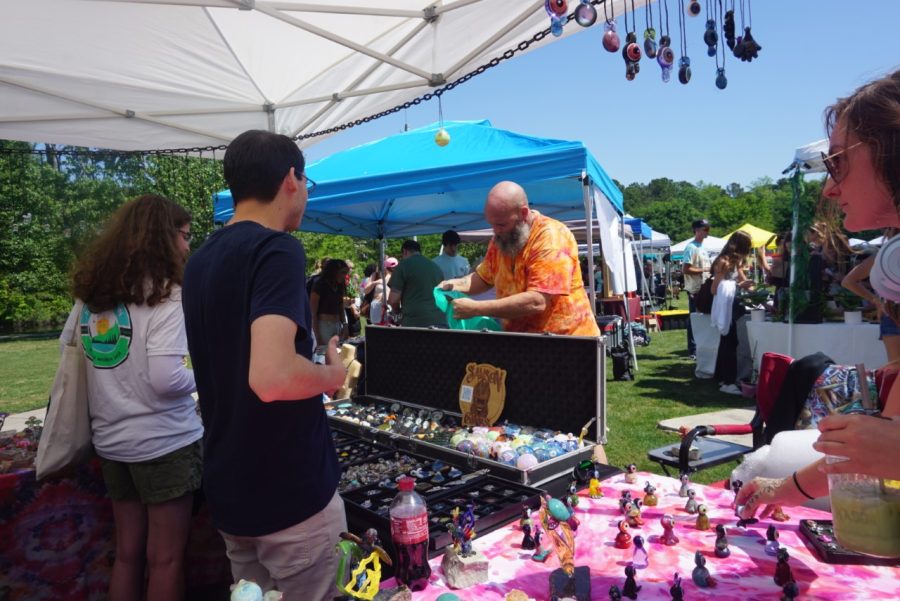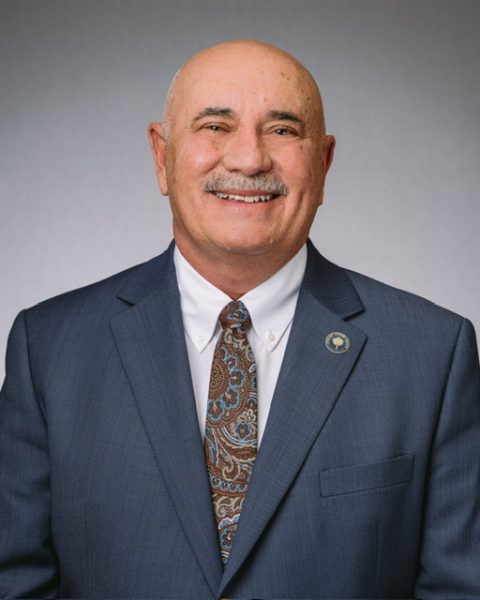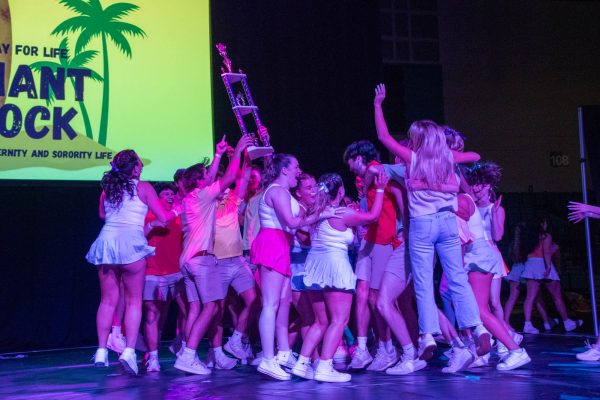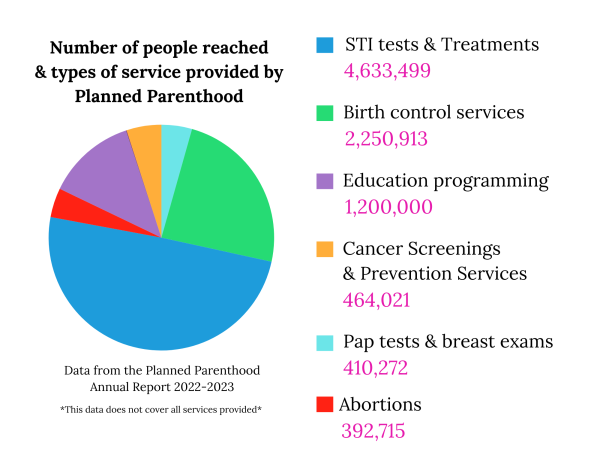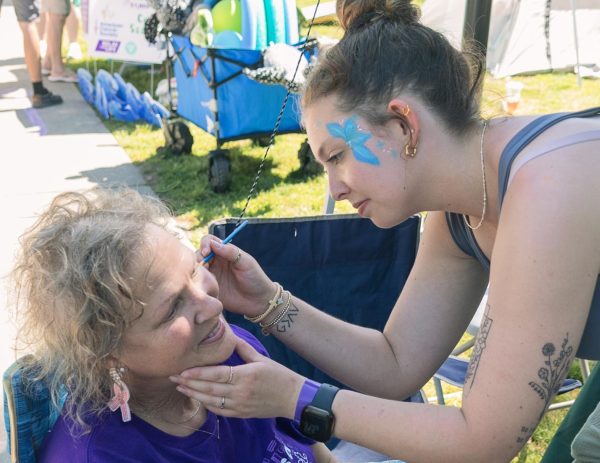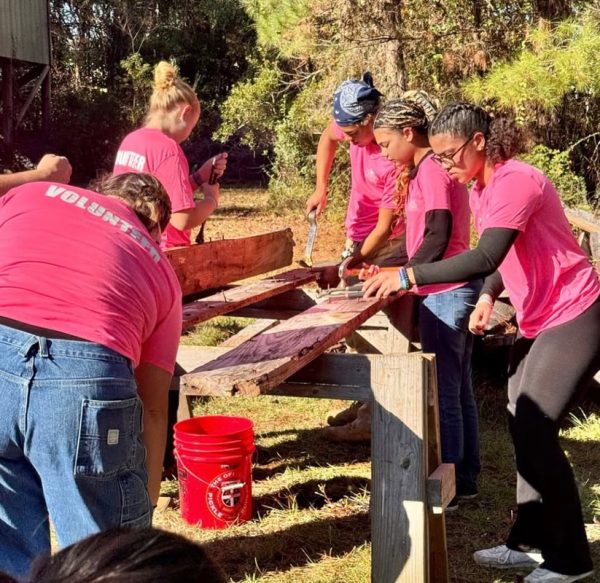Celebrating Earth Day with Sustain Coastal
Sampson Glass was set up at Sustain Coastal’s farmer’s market, a glass studio that both teaches community members and sells a variety of pieces, ran by Chad Sampson. Photo by: Paige Sullivan
Sustain Coastal painted Teal Nation green April 19 at their annual Earth Fair and farmer’s market by bringing various climate-conscious organizations together.
Students shopped at local vendors, spoke with environmentally friendly partners, and pledged to take climate change action. Additionally, attendees could complete a United Nation’s Sustainable Goals bingo card to receive a free t-shirt or tote bag.
Grayson Elliott, a business management major at Coastal Carolina University, said the Earth Day event brought the community together in many ways.
“The farmer’s market is a huge community builder at Coastal,” Elliott said. “I love all of the local vendors and the variety of products they bring. My favorites are the baked goods and coffee stations.”
Many of the artisans use reclaimed materials to create their artwork, including Sue Fink, the owner of Glitter, Glitz, and Glass.
“Every jewelry piece I make comes from parts of old utensils, bolts, and much more,” Fink said.
Reducing the consumption of materials dramatically helped mitigate the impacts of climate change. According to the Center for Climate and Energy Solutions, “nearly 30% of U.S. greenhouse gas emissions come from industry.”
Sara Rich, an assistant professor at the HTC Honors College, said buying second-hand is a way the community can reduce their carbon footprint.
“It’s hard to imagine how more capitalism and more industry can fix the ecological woes brought on by those two things, so try to avoid buying new things whenever possible,” Rich said.
However, vendors did more than recycle to impact the environment as little as possible. Some sustainable practices included using paper straws and bags, refraining from wrapping items in plastic, and small-scale farming.
Another small business set up at the farmer’s market, O Gourdie Me, sold brightly painted gourds and pallets.
“I hand paint every piece I sell,” owner of O Gourdie Me Debbie Ann Hicks said.
Hand painting items aid in environmental conservation as less greenhouse gases are emitted than when mass producing items.
In addition to vendors, many environmental organizations were highlighted at the event. People were able to visit tents run by Love Blue, Winyah River Alliance, and many more. The organizations educated people in the community about ecosystem conservation and encouraged students to get involved.
“I think it’s a great way for students on campus to get exposed to sustainability and learn about what they can do to minimize their impact footprint on the planet,” President of Love Blue Ashton Dunnigan said.
